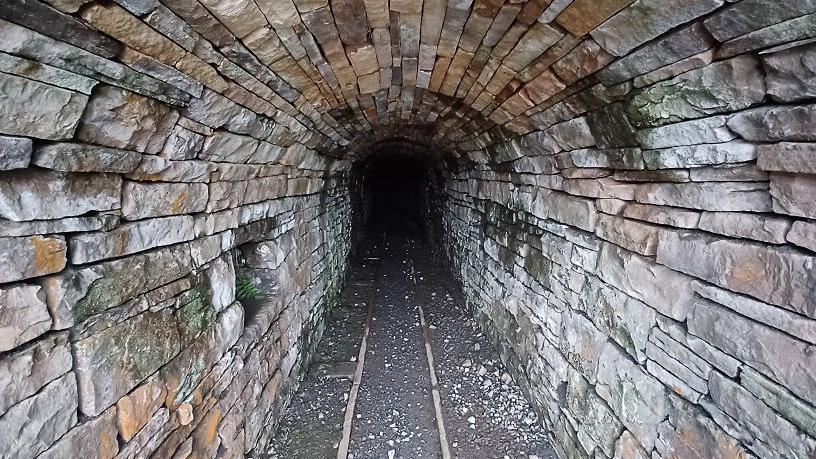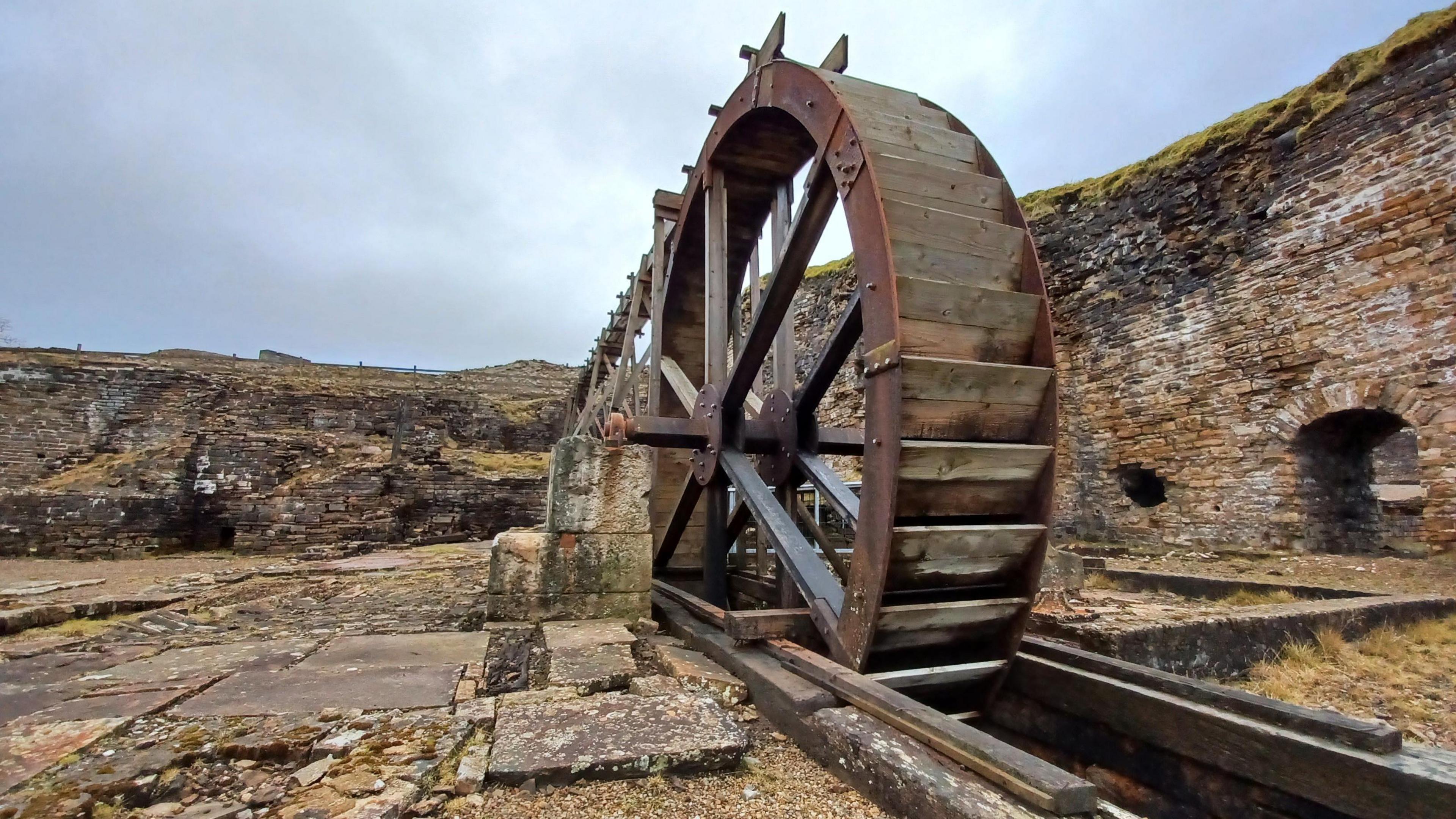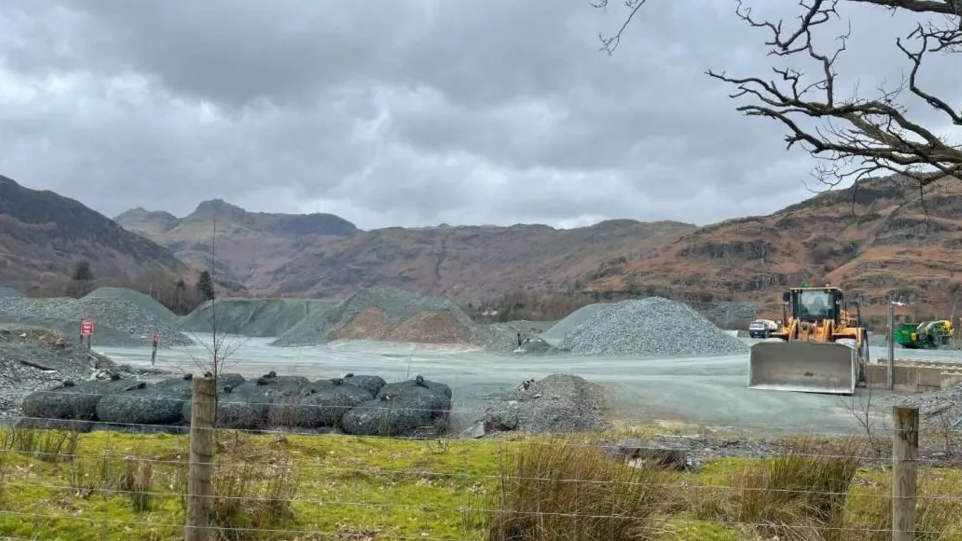Lottery funding will highlight lead mining history

The hope is eight mining sites will be preserved for future generations
- Published
A scheme to chronicle the history of lead mining has been awarded £2m lottery funding.
The Land of Lead and Silver project will have help from volunteers and local communities to look at the "industrial heritage that shaped the landscape and its people", its organisers said.
The North Pennines National Landscape (NPNL) team is also planning work to preserve the area's eight mining sites, which it described as "regionally and nationally" important.
National Lottery Heritage Fund director Helen Featherstone said industrial heritage in the region was "hugely significant".
The project would "work with local people to further explore the history behind this unique landscape and the influence lead mining heritage has had on shaping our communities”, she said.
'For everyone'
The project would "work with local people to further explore the history behind this unique landscape and the influence lead mining heritage has had on shaping our communities”, she said.
There will be extensive opportunities for volunteering, involving community arts and engagement.
NPNL's Andie Harris said the project was for "everyone" who had or "would like to have a connection" with the landscape, and "understand more about what made it the place it is today".
Sarah Orme, one of the volunteers working on the project, said she was "so pleased" the project had been recognised with the funding.
"I have really enjoyed the arts and crafts-related projects during the development stage, taking the opportunity to learn new skills and form new friendships," she said.

Sites like this mine at Nenthead will be preserved
The NPNL said it would take a new approach to lead mining heritage, "weaving in" some of the unknown stories and features from that period in the North Pennines’ history.
From the mid-1700s to the early 1900s, the North Pennines was dominated by lead mining. Visible evidence remains in the form of levels, driven underground to reach the lead veins, mine complexes, dressing floors, and smelt mills.
The industry shaped the area's villages and settlements, and led to the network of rights of way in the valleys and on the high moors.
Today they are used for leisure, but originally they allowed miners from isolated farms and hamlets to walk to work.
Along with the £2m National Lottery funding, the NPNL said a further £576,000 would follow from other funders, including £221,000 from Historic England.
The project will run until 2028.
Follow BBC Cumbria on X (formerly Twitter), external, Facebook, external and Instagram, external. Send your story ideas to northeastandcumbria@bbc.co.uk.
Related topics
More stories from BBC North East and Cumbria
- Published1 May 2024
